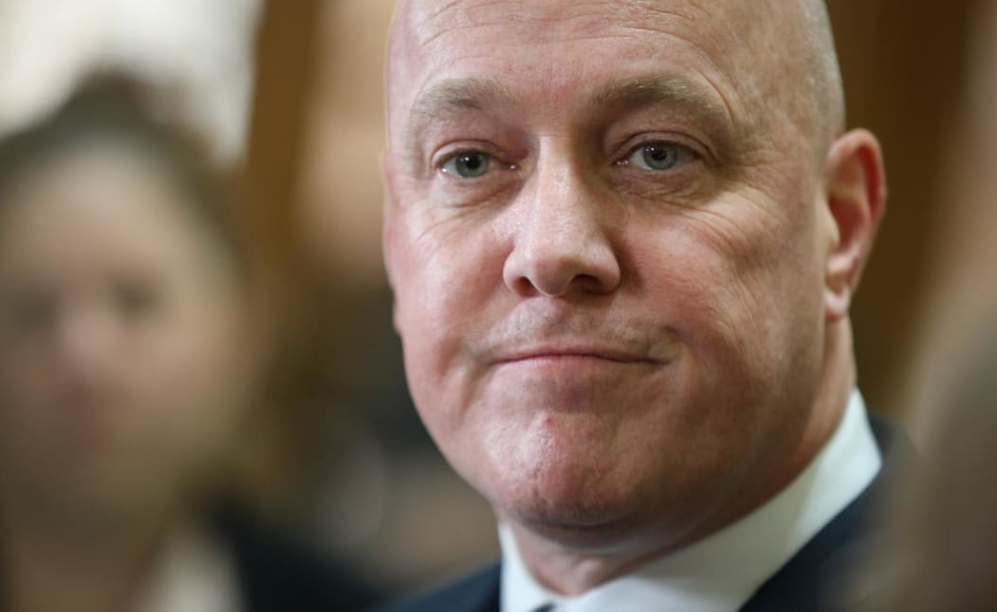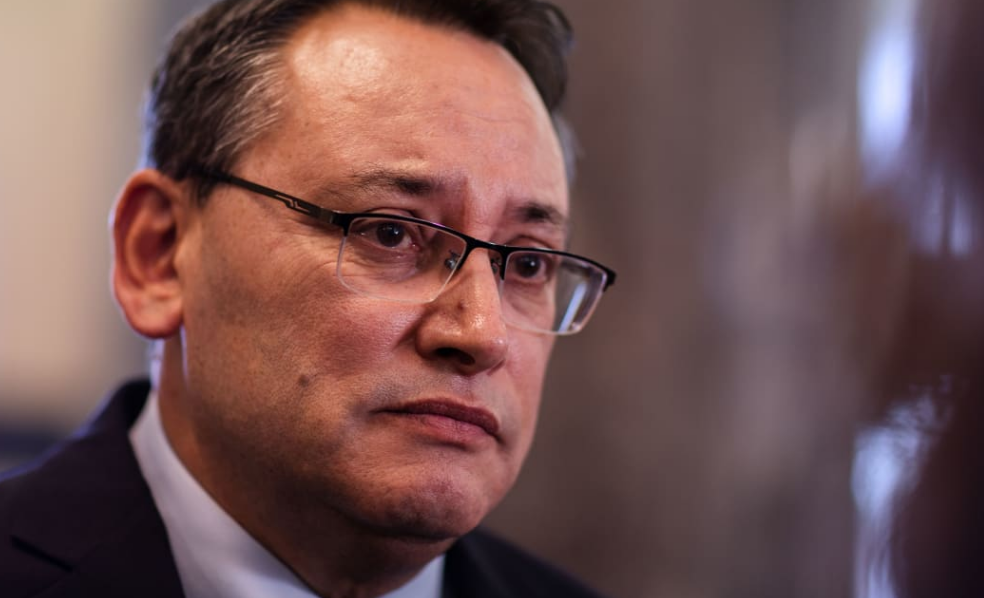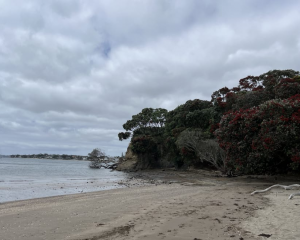
The centre-right National Party, led by Christopher Luxon, has been returned to power in the general election alongside populist New Zealand First party and libertarian ACT New Zealand after six years of rule by governments led by the left-leaning Labour Party.
The coalition is pushing ahead with plans to repeal amendments to the Smokefree Environments and Regulated Products Act 1990, including a world-first ban on the sale of cigarettes to future generations.
It aimed to repeal legislation restricting the sale of tobacco to anyone born after 2009 and the phasing in of low-nicotine cigarettes. The law would have reduced the number of outlets selling tobacco products from about 6000 nationwide to about 600.
Labour's health spokesperson Dr Ayesha Verrall today accused Luxon of misleading the public after he wrongly said there would only be one tobacco outlet in Northland under the legislation. Documents from the director-general of health say there would be 35.
Luxon told RNZ's Morning Report programme today his team got the numbers wrong and they had been spoken to about fact-checking their information.
The bigger point, he said, was "concentrating distribution into 600 outlets across New Zealand will mean that there will be towns that will have one or two outlets only".
"We do believe that that will become a massive magnet for crime."
There was a massive increase in retail crime and ram raids under the previous Labour government, he said.
A group of Northland emergency doctors have written to Health Minister Dr Shane Reti to voice their concerns about the plan, saying it was anti-health.
They are the latest in a string of health organisations, professionals and academics throughout the country to criticise the government's plan, including calls for Reti to resign.
Asked what he had to say to health professionals who had concerns about the repeal, Luxon said his government would be continuing efforts to lower smoking rates.
Smoking rates had declined in the past 30 years, he said.
Asked if he had evidence the government's plan would stop as many people smoking as the status quo, Luxon said: "I'm not sure that the previous Labour government's approach had a guaranteed model of how it would reduce [rates]."
'We've had enough of delivering bad news'
In just a few days, the open letter had got the support of nearly 20 emergency doctors in Northland. It said the government was "seeking to prioritise short-term tax revenue over long-term public health".
"Each shift we are confronted with the direct and indirect health impacts of tobacco use. From [emphysema], cancer diagnoses, high blood pressure, heart attack to stroke, the burden that tobacco use has on our emergency departments is incalculable," the letter said.
"We have had enough of delivering bad news about someone's new diagnosis of lung cancer. It is not the role of the government to reimpose these burdens onto us as physicians or onto the public as victims."
Emergency medicine doctor Gary Payinda, one of the letter's signatories, said the smokefree legislation had been one of the biggest single reducers of cancer and it "would be ridiculous to undo it".
People would get sicker from smoking-related conditions, and as a result, would rack up huge costs in the health system, Payinda said.
"If you have what's considered the biggest anti-cancer effort in New Zealand history, these smokefree laws, if you have that world-leading legislation, you don't repeal it, you don't throw that away just for some short-term tax revenues." Payinda told Morning Report today.
"The idea that 18 doctors would all agree on the same thing and would all sign up to this open letter within in a day-and-a-half of Dr Eugene Fayerberg writing the letter up, is pretty impressive. This is just in one hospital, not even in just a hospital, in one department of a hospital in Northland."
He could not understand why the health minister - a former doctor - was supporting the proposal.
"As a fellow physician, you surely must know the costs of such short-sightedness," the letter said.

Minister defends plan
Reti is defending the government's plan, saying it was committed to reducing smoking rates in New Zealand and vaping would remain the primary tool for doing this.
Vaping had made a significant contribution to reducing adult smoking rates and it remained the main tool for a smoking rate that was slowly but surely improving, he said.
It was good that the trend was going in the right direction but they would also look at what else could be done to accelerate the number of people stopping smoking, he said.
Reti denied abolishing the proposed legislation was a U-turn given that National did not vote for it during its third reading in Parliament.
"I am pleased, as we should all be, with the adult smoking rate reduction, but we all want to do more, we're all committed to reducing the smoking rates in New Zealand and I remain committed to that."
When asked if National had any proof that ram raids would increase if the number of retailers selling cigarettes reduced, Reti said they had concerns from those who were afraid they would be the victims of serious crimes as a result of the law.
Reti repeated that he wanted to save as many lives as possible. "We will work through the tools in the tool kit that we have to add to vaping, which is our prime tool at the moment.
- additional reporting by Reuters











